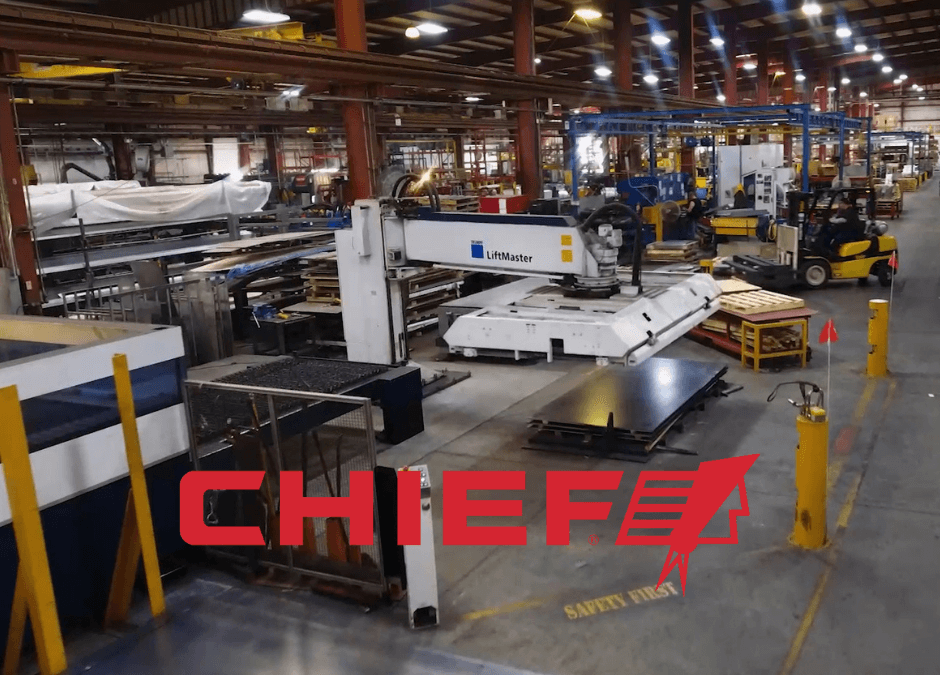Despite the much-touted rise of the service industry, manufacturing remains central to the world economy. The pandemic has brought fresh urgency to the discussion of whether the United States should bring more of its manufacturing back home. The latest report from the Reshoring Initiative projected the U.S. is on track to add a total of 224,213 jobs from abroad in 2021, 38% more than the 161,000 added in 2020 due to reshoring and foreign direct investment (FDI). According to the data, reshoring is on track to make up 62% of such jobs this year—a smaller percentage than last year, when 7 out of 10 such jobs were reshored, but a considerable increase.
Essential products investment is helping drive this year’s gains, the Initiative said, including increased funding for domestic semiconductors, electric vehicle batteries, and pharmaceuticals. Those products—in addition to PPE and rare earth metals—represent collectively about 28% of returning jobs. The largest-growing sector for restored or foreign-invested jobs this year is the computer and electronics industry.
If you have ever considered pursuing a manufacturing job, now is the time. For many people, their perception of manufacturing jobs is based on old, outdated information. The truth is that the U.S. manufacturing industry has thousands of fantastic, high-paying jobs, and manufacturing workers have indicated that they are more satisfied with their careers than the average American employee.
Myth 1: Manufacturing jobs don’t pay very well.
Manufacturing is one of the sectors that did not slow down much over the course of the pandemic. The manufacturing industry has more than half a million jobs open right now and will need to fill 4 million over the next decade. Employee wages (excluding non-wage compensation, such as benefits) for manufacturing jobs are expected to rise 2.5% over the next 12 months, up from 1.9% in the previous survey and the strongest figure since the third quarter of 2018. More than 41% see wages rising 3% or more for manufacturing positions, with 48.8% predicting an increase of up to 3%.
Myth 2: Manufacturing jobs are dirty and physically taxing.
Manufacturing has come a long way since its birth in the Industrial Revolution. In many cases, robotics and advanced machinery handle the physically taxing jobs, while humans manage their technological counterparts. Manufacturers are required to comply with strict regulations and worker safety protocols. Manufacturing is a huge industry that encompasses incredibly diverse segments. Some manufacturing jobs might involve working with lubrication, metal, sharp tools, heating equipment, and more, while many others focus on the technical side through the use of computers and machines.
Myth 3: Manufacturing jobs are only for men.
Manufacturing offers plenty of great career opportunities for women. From hands-on production to executive leadership positions, women can find interesting and challenging work with high earning potential at all levels of the manufacturing sector. The industry is bringing together female ambassadors, communities, and academics to foster more female involvement in the industry and promote the diverse range of manufacturing jobs available.
Myth 4: Manufacturing is for low-skilled workers.
The reality is, manufacturing is a highly skilled profession. Being successful in the field of manufacturing takes continuous education and hands-on training. Employers are seeking well-rounded individuals with the ability to think on their feet and work well with others. Critical thinking, innovation, and teamwork are essential skillsets in today’s manufacturing job market. Manufacturers are also creating training programs to help fill the gap for those who have the talent to do more but need the training to acquire new skills.
Myth 5: Most manufacturing facilities will soon be fully automated.
A survey of more than 100 leading U.S. manufacturers by AT Kearney and Drishti Technologies found that human beings “still perform 72 percent of manufacturing tasks” and produce three times the value that machines do. Full automation is often too risky, too inflexible or too expensive to be feasible. Companies are learning what Tesla’s Elon Musk discovered: In 2018, after reversing course and replacing robots with humans at his Fremont, Calif., factory, Musk tweeted that “excessive automation at Tesla was a mistake … Humans are underrated.” Even with rapid advances in technology, we are unlikely to see many fully automated factories for years to come.
Today’s employers are investing time and resources into talent development and continuing education that allow employees to advance within the company. Like many other industries, manufacturing relies on a network of diverse employees from a number of departments to succeed. From administrative roles to out on the shop floor, there is a place for everyone in manufacturing. Now is the perfect time to take advantage of the growing need for skilled manufacturers and pursue a career in the field.

